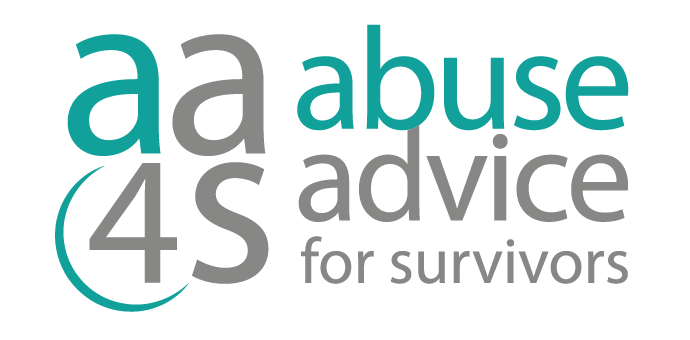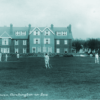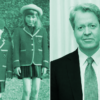Many people are familiar with soldiers who come back from war and experience Post Traumatic Stress Disorder. When certain events occur the victim experiences flashbacks. memories or panic attacks due to something that happens which triggers them.
Survivors of sexualized violence often experience PTSD symptoms and triggers in the same way, as both war and sexualized violence create similar imprints in the brain
How do triggers affect the brain?
A trigger is something that sets off a memory tape or flashback, transporting the person back to the event of the original trauma and causing the individual to experience overwhelming emotions, physical symptoms or thoughts. The individual will react to this trigger with an emotional intensity similar to the time of the trauma.
A trigger is something that sets off a memory tape or flashback
Triggers cause survivors of sexualized violence (or any kind of trauma) to feel or behave in the same way they did during or immediately after the traumatic event because the brain does not differentiate what happened then from what is going on around them now.
Triggers are very personal and unique to each person. A person’s triggers are activated through one or more of the five senses: sight, sound, touch, smell and taste.
Considering the sensory stimuli, the survivor of trauma may begin to avoid situations that she/he thinks triggered the flashback. She/he will react to this flashback (trigger) with an emotional intensity similar to the original trauma.
The most common triggers are sight and sound, followed by touch and smell, then taste. A combination of the senses can be identified as triggers also, especially in situations that strongly resemble the original trauma. Although triggers are varied and diverse, there are often common themes. Examples are listed in parentheses.
Sight
- Often someone who resembles the abuser or who has similar traits or objects (clothing, hair color, distinctive walk or mannerism),
- Any situation where someone else is being abused (anything from a raised eyebrow and verbal comment to actual physical abuse),
- The object that was used to abuse,
- The objects that are associated with or were common in the household where the abuse took place (alcohol, piece of furniture, time of year),
- Any place or situation where the abuse took place (specific locations in a house, holidays, family events, social settings).
Sound
- Anything that sounds like anger (raised voices, arguments, bangs and thumps, something breaking),
- Anything that sounds like pain or fear (crying, whispering, screaming),
- Anything that might have been in the place or situation prior to, during, or after the abuse or reminds her/him of the abuse (sirens, foghorns, music, crickets chirping, car door closing),
- Anything that resembles sounds that the abuser made (whistling, footsteps, pop top can opening, tone of voice),
- Words of abuse (curses, labels, put-downs, specific words).
Anything that sounds like anger could be a trigger for trauma
Smell
- Anything that resembles the smell of the abuser (tobacco, alcohol, drugs, after shave, perfume),
- Any smells that resemble the place or situation where the abuse occurred (food cooking ,wood, odors, alcohol).
Touch
- Anything that resembles the abuse or things that occurred prior to or after the abuse (certain physical touch, someone standing too close, petting an animal, the way someone approaches).
Trauma can be triggered by touch...anything that resembles the abuse or things that occurred prior to or after the abuse.
Taste
- Anything that is related to the abuse, prior to the abuse or after the abuse (certain foods, alcohol, tobacco).
The road to recovery through psychotherapy or counselling will involve educating the victim of abuse as to what the triggers are for him/her so that they can steps to deal with the symptoms of which they may easily been unaware.










